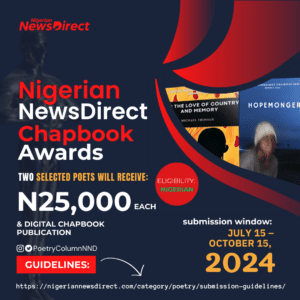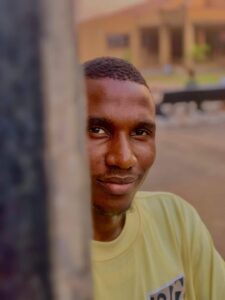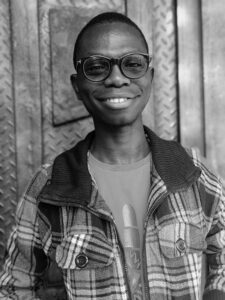
Prayer at the Sea
By Agunbiade Kehinde
Definitions belong to the definers — Toni Morrison
Dawn is an open book for the hopes of travellers.
They say by the time it breaks with its pitcher of boon,
And the secrets of its rites of passage,
Let them not be found wanting. I say amen. You say amen.
This is the prayer of burdened bodies,
Songs alienated from their rhythms,
Displaced and groping for transition,
Amidst the wobbly dunes and violent seas;
Stained eyes bogged down with desires.
Dawn and nightfall become orbits of disorientation.
Now a cacophony of voices towers at the invitation of the dark.
In my region, they say a man is not fully formed
until war finds him at his doorstep, until he knows
the spasms of loss, names burrowed into rot,
the strident rhythms of voices that pine for home.
But home is amenable to definitions
and definitions belong to the definers.
The magic is to not call anything deeply yours.
At this point, the travellers cease to see the sense of love;
Because love is the bottomless fear that makes your heart its lair
when you sing about your country. They call you patriots,
a discomfiting word for a country that is a fusillade of pellets—
an arsenal made to unlive you.
Bodies tethered to grief.
Cognitions abstracted from memories.
They say chances are that they survive the sea’s rancour with exilic desires.
So, let them pray.
BIO:
Agunbiade Kehinde is Nigerian poet, essayist, and critic from Ife, Nigeria. Some of his works have featured in Rising Phoenix Review, Kalahari Review, IceFloe Press, 20.35 Africa, Animal Heart Press, Fortunate Traveller, Hackernoon, among others. He is presently a final year student of Literature-in-English at the Department of English, Obafemi Awolowo University, Ile-Ife. He’s the current Editor in Chief of the Association of Nigerian Authors (OAU).



